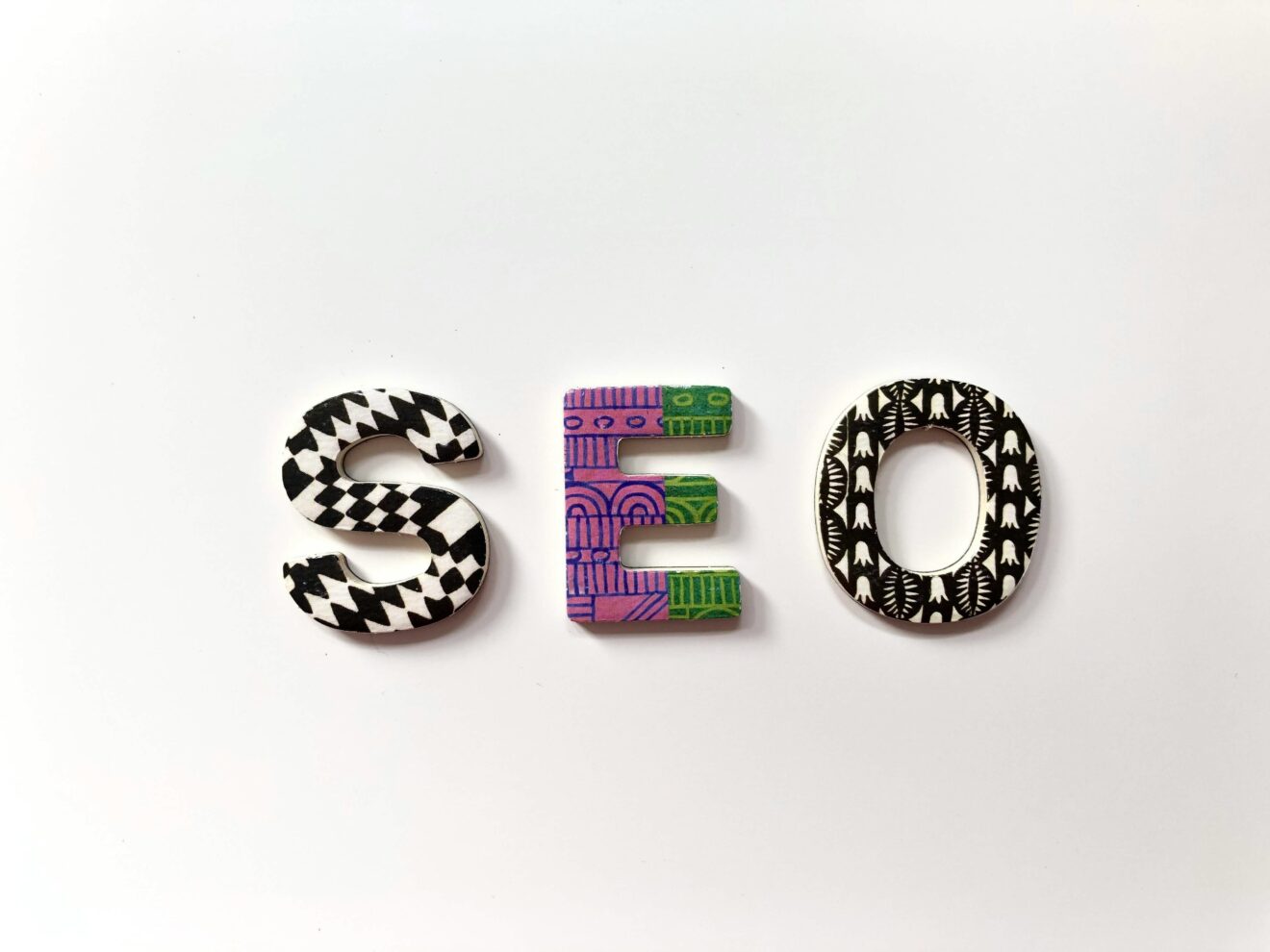Thanks to AI, machines can meticulously analyze and optimize your every click, every scroll and every query. Its impact on search engine optimization strategies cannot be overstated. But what does the future look like for AI SEO tools? Will it continue to help you climb the SERP? Or search engines will penalize your site for abusing it.
Let’s discover what lies ahead for AI-driven SEO, and how you can effectively use it to keep the top spot on the search results.
How AI tools are transforming SEO
Let’s see how AI has revolutionized modern search optimization.
Start by uncovering the powerful keywords with SEMrush, which spots the hottest topics and related ideas, and Ahrefs generates keywords based on what your audiences are searching for.
Next, improve your content’s structure, readability and linking strategies with Surfer SEO.
Also, don’t forget to keep an eye on the competition with AI tools SpyFu and Moz Pro. SpyFu delivers competitor data, while Moz Pro hunts down backlinks and offers smart strategies.
There are several tools that offer a comprehensive solution (such as my company, Post Cheetah) to save you from hopping from one to the other.
Benefits of AI SEO tools: The friend
AI is supercharging SEO, but it’s not just about fancy tech. It’s about giving search optimization specialists the ability to get even better results.
Increased efficiency
AI tools automate tasks like SEO audits and find ways to improve your titles, descriptions and headings. They can even spy on your competitors’ backlinks and discover new linking opportunities.
Plus, they report on your website traffic, keyword rankings and how your SEO is doing overall.
This frees up search optimization experts to focus on other stuff, like creating amazing content and planning marketing campaigns.
Deeper content insights
AI also can analyze tons of data and find gaps in your content by looking at what people are searching for and what your competitors are up to.
Machine learning can even figure out what the audience really wants to know when they search for certain keywords, so your content hits the bullseye.
It also can monitor people’s behavior on your site and tell you if your content is confusing anyone.
With this kind of knowledge, you can craft content that’s super-targeted and informative and climbs up the search result list.
Personalized optimization
With AI, your organic search marketing becomes custom-made for your target audience.
AI SEO tools easily determine who your audience is and what they’re interested in, then personalize your content and website tweaks for them. These programs can also dissect the top-ranking websites for your keywords and see what makes the audience tick.
Basically, AI takes the guesswork out of SEO and helps you laser-focus on connecting with the right people with the right content.
Predictive analytics
Want to see into the future? AI can help with that, too!
It can analyze search trends, predict which keywords will be hot next and even spot new topics and content ideas that your audience will love.
This foresight lets SEO strategists stay ahead of the curve by creating content that anticipates what people will be searching for and what they’ll want to know.
Challenges of AI-powered SEO: The foe
Embracing AI for SEO brings a wealth of possibilities, but it also presents some difficulties worth considering.
One key point is that while AI is a remarkable tool, it shouldn’t completely overshadow human expertise.
Search marketing success relies heavily on creativity, UX design and a deep understanding of human behavior — areas where computer algorithms fall short.
Also, using AI-generated content can lead to duplicated or unoriginal material. This may occur when tools simply rephrase existing content, offering little to no new value.
Search engines can penalize such duplication.
Lastly, you must acknowledge ethical considerations and the potential for exploitation.
AI can be misused for manipulative tactics like keyword stuffing or producing low-quality backlinks. It’s crucial to stick to ethical SEO practices that enhance user experience and deliver genuine value, ensuring that AI is used responsibly and effectively.
AI-driven SEO: Friend, foe or partner?
AI proves itself as a valuable tool for SEO, yet it can’t fully replace the human touch. The most effective strategy is to collaborate with computer algorithms.
When integrating AI into your search optimization, consider the following tips:
Firstly, partner with AI. Allow it to manage data and tackle repetitive tasks, freeing up SEO specialists to concentrate on crafting effective strategies.
Next, prioritize quality content.
Humans excel at creating content that resonates with audiences, while AI can assist in pinpointing topics and optimizing content for maximum impact.
Additionally, use AI for data analysis. It can help make SEO decisions better by handling lots of information.
While AI SEO programs are transforming organic search marketing, it’s essential not to overlook SEO fundamentals. Key elements like ensuring your website’s technical functionality, optimizing content, securing reputable backlinks and centering efforts around user preferences remain pivotal.
By thoughtfully integrating AI into your strategy and staying true to these foundational principles, businesses can thrive in terms of search engine optimization.
In the end, AI emerges not as a sole friend or foe but rather as a dynamic partner. By harnessing its power alongside human creativity and expertise, businesses can unlock new levels of optimization.
Together, with AI as our ally, we can navigate the ever-changing landscape of SEO, driving toward greater visibility, engagement and success.
If you liked this article, sign up for SmartBrief’s free email newsletter on Marketing Innovation. It’s among SmartBrief’s more than 250 industry-focused newsletters.
